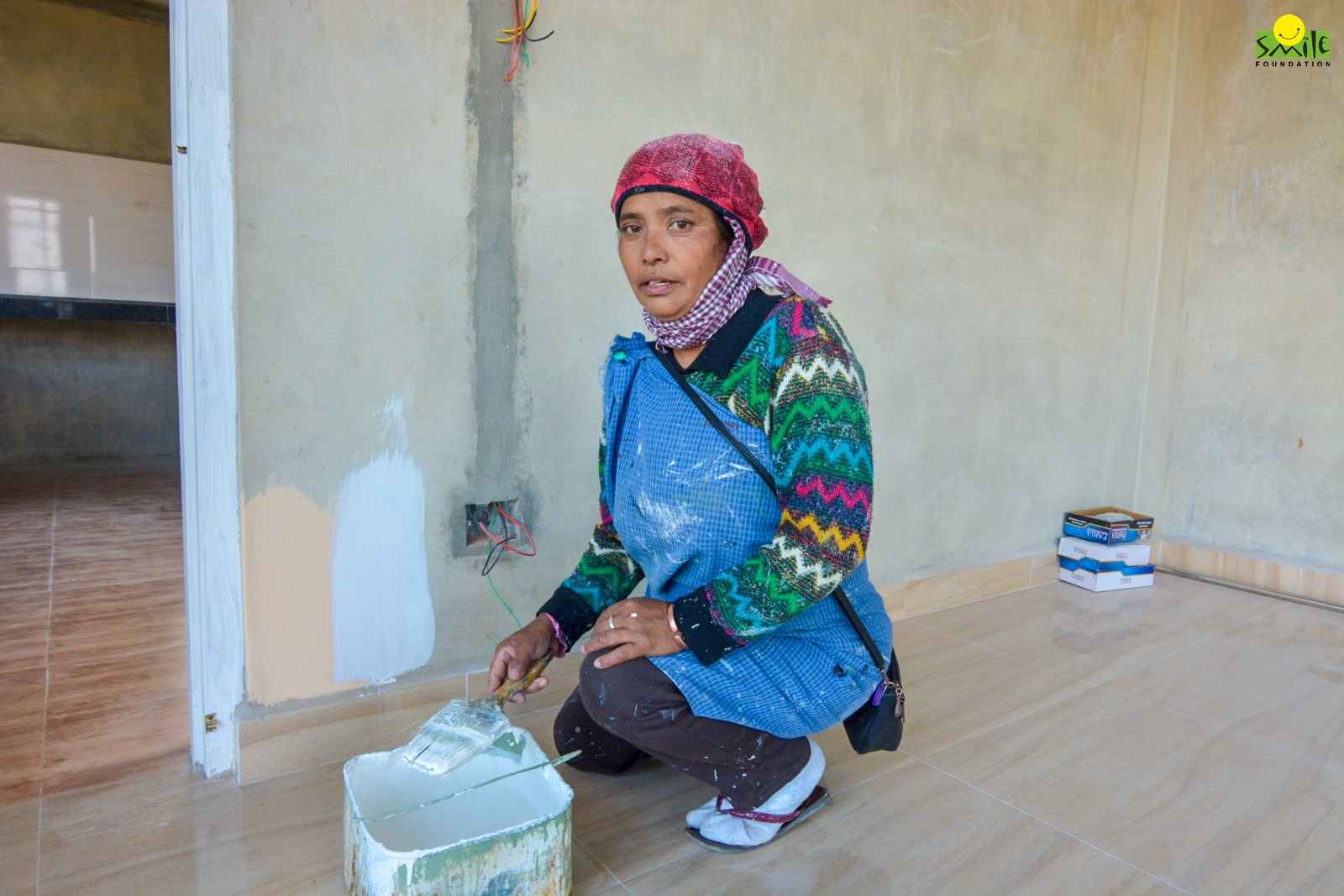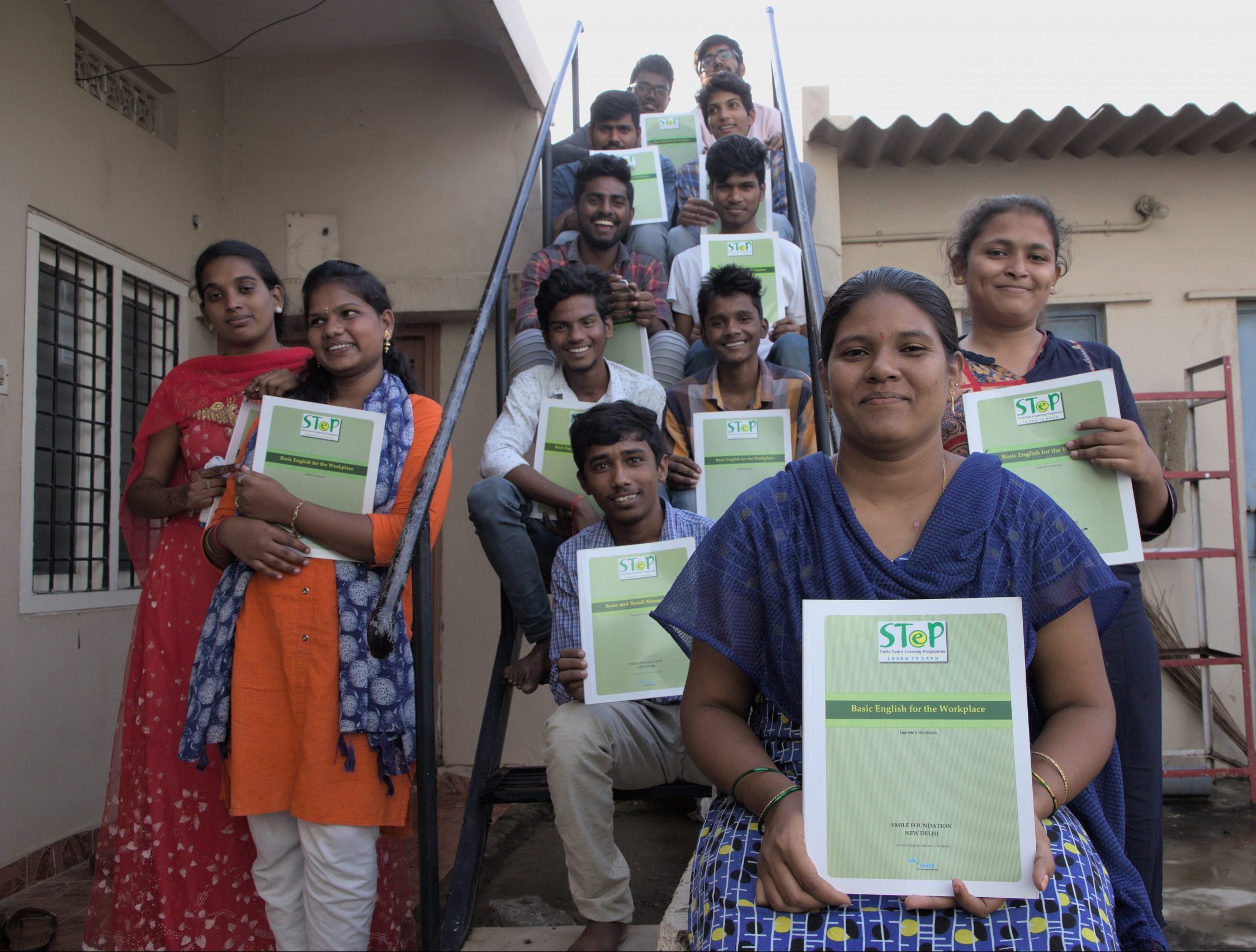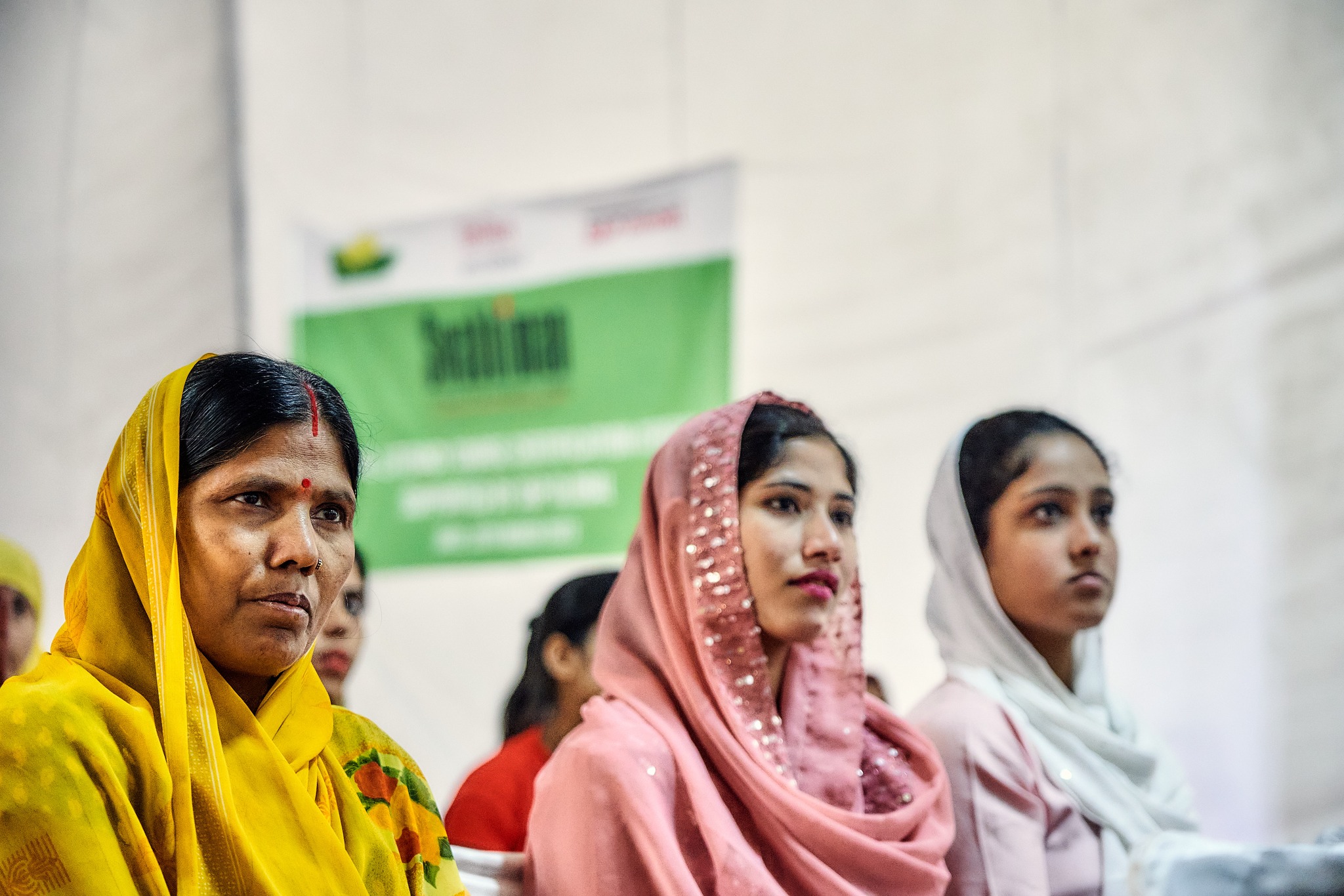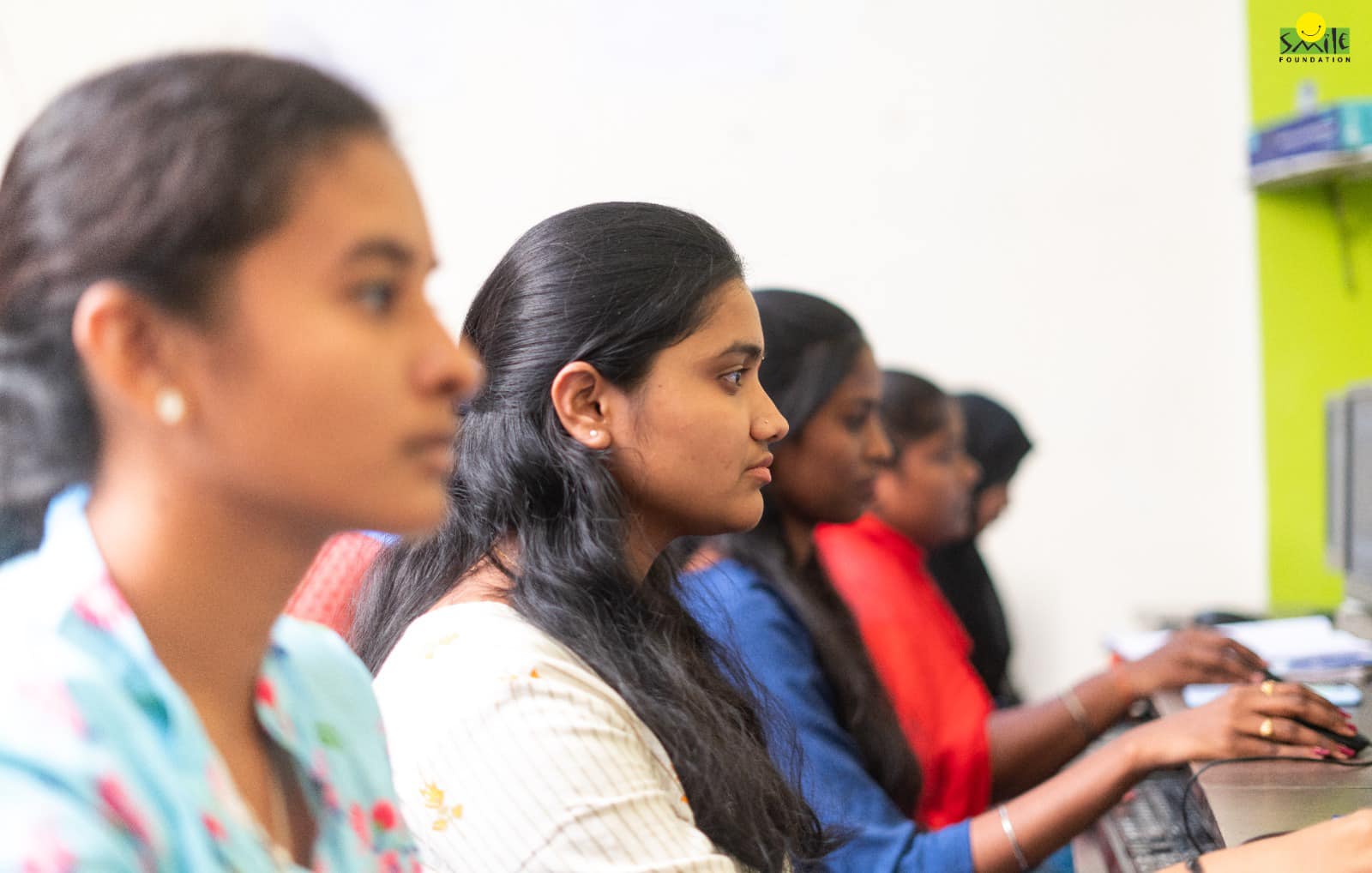With more than 65 percent of its people under the age of 35, India has a sizable youth population. If properly utilised, this demographic dividend has the potential to be a significant economic growth driver. For India to fully grasp the potential of its demographic dividend, skill is essential. For industries to innovate and accept new technology, a competent staff is crucial.
India must also compete in the international economy. India has the capacity to take the world by storm in terms of skill development. It has a robust educational system and a sizable skilled labour force. The government is also spending a lot of money on Skill India development.
Millions of people have successfully received training from the National Skill Development Mission (NSDM) in a range of skills. There is still a tonne of work to be done, though. India should concentrate on teaching people in-demand skills. Additionally, the skill-building programmes’ quality needs to be raised.
India can potentially become the global hub for skill development if it can overcome these obstacles. The Indian economy would receive a significant boost from this, improving its ability to compete in the world market.
Importance of Skill Development in India
Skill development is the process of acquiring the knowledge, skills, and abilities necessary to perform a job or task. It is an important part of human development and can help individuals to improve their lives in many ways. In India, skill development is significant due to the country’s growing youth population.
According to the World Bank, India is home to the world’s largest youth population, with over 600 million people under the age of 25. This large and growing population presents a significant opportunity for economic growth, but it also poses a challenge. In order to realize the potential of this demographic dividend, India needs to equip its youth with the skills they need to succeed in the workforce.
There are a number of reasons why skill development is crucial for India as a country. First, it can help to reduce poverty. By providing people with the skills they need to get good jobs, skill development can help to lift people out of poverty and improve their standard of living.
Second, skill development can help to boost economic growth. By creating a more skilled workforce, India can become more competitive in the global economy and attract more foreign investment.
Third, skill development can help to reduce inequality. By providing people with the opportunity to learn new skills, skill development can help to create a more level playing field and give everyone a chance to succeed.
Government Interventions in Vocational Training of the Youth
There are a number of vocational courses available for youth in India. Some popular courses include Information Technology, Healthcare, Manufacturing, Retail, Hospitality, Construction, etc. These courses offer a wide range of career opportunities and can help young people find good jobs in various industries.
The government of India has launched a number of skill development programs in recent years. These programs are designed to provide young people with the skills they need to succeed in the workforce. Some of the most important skill development programs in India include:
- Pradhan Mantri Kaushal Vikas Yojana (PMKVY)
- National Skill Development Corporation (NSDC)
- Deen Dayal Upadhyaya Grameen Kaushal Vikas Yojana (DDU-GKY)
These programs have been successful in providing millions of young people with the skills they need to get good jobs. However, there is still a lot of work to be done. India needs to continue to invest in skill development in order to realize the potential of its demographic dividend.
Future of Skill Development in India
Upskilling, cross-skilling, and re-skilling projects have a bright future in India as long as skill development is put on top of the priority list. These tactics are crucial in ensuring that the workforce has the skills it needs to satisfy the shifting demands of the global market and remain employable in the long run.
For people to remain competitive in today’s fast-changing world, upskilling—the act of obtaining new and advanced skills relevant to one’s present work or industry—is essential. Upskilling is more crucial than ever with the emergence of disruptive technologies like artificial intelligence, blockchain, and data analytics.
In response, the Indian government has initiated a number of efforts to encourage upskilling across many industries, working with business associations and educational institutions.
The Pradhan Mantri Kaushal Vikas Yojana (PMKVY), a flagship programme that aims to give skill training to the youth and improve their employability, is one such project. Individuals participating in this programme can pick from a variety of courses that are in line with industry standards and, following successful completion, obtain certification.
In order to ensure a comprehensive approach to skill development, PMKVY not only teaches technical skills but also strongly emphasizes building soft skills, entrepreneurial prowess, and digital literacy.
Contrarily, cross-skilling is gaining expertise in a different field or industry to increase one’s employment options. Cross-skilling has increased in value as sectors converge more and more and as multidisciplinary professions become more prevalent.
It helps people to expand their skill sets, investigate burgeoning industries, and adapt to new employment situations. The National Skill Development Corporation (NSDC) has worked with numerous industry partners to develop programmes that ease the transfer between diverse industries because it recognises the value of cross-skilling.
Re-skilling as a Key Element of Employability Requirements
In India’s skill development landscape, re-skilling is becoming more popular in addition to up- and cross-skilling. Re-skilling entails picking up new skills to adapt to shifting job demands or to enter whole new industries.
People need to be ready to adopt new jobs and technologies as technology continues to change the job environment. The government, with the help of the private sector, is concentrating on re-skilling initiatives to help the workforce shift smoothly into rising industries like renewable energy, cybersecurity, and e-commerce.
The effectiveness of these upskilling initiatives depends on the quality of the training programmes and their alignment with market demands. Government agencies, business professionals, and educational institutions must work closely together to accomplish this.
Additionally, the effectiveness and scalability of skill development programmes can be improved by implementing cutting-edge teaching techniques including online learning platforms and virtual reality simulations.
End Goal: Realising The Full Potential of the Indian Youth
The future of skill development in India lies in establishing a vibrant environment that supports ongoing skill development and lifetime learning. India will need to embrace innovative technology, encourage public-private collaborations, and place a high priority on the creation of future-ready skills if it is to realise the full potential of its young people and become the world’s skilling hub.
Smile Foundation understanding the need of the youth from marginalised communities has invested valuable resources into the creation and proliferation of the skill development programme, STeP (Smile Twin e-Learning Programme).
The programme has been training youth in different parts of the country in course modules like core employability, BFSI, Digital Marketing, Healthcare, and more with an active placement cell to increase the workforce certification of the trained youth in 400+ employment partners.









